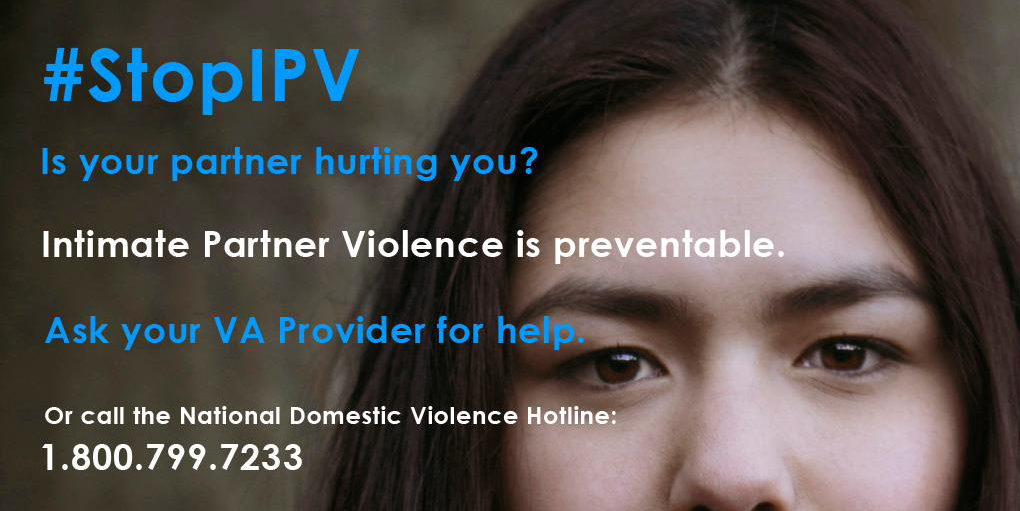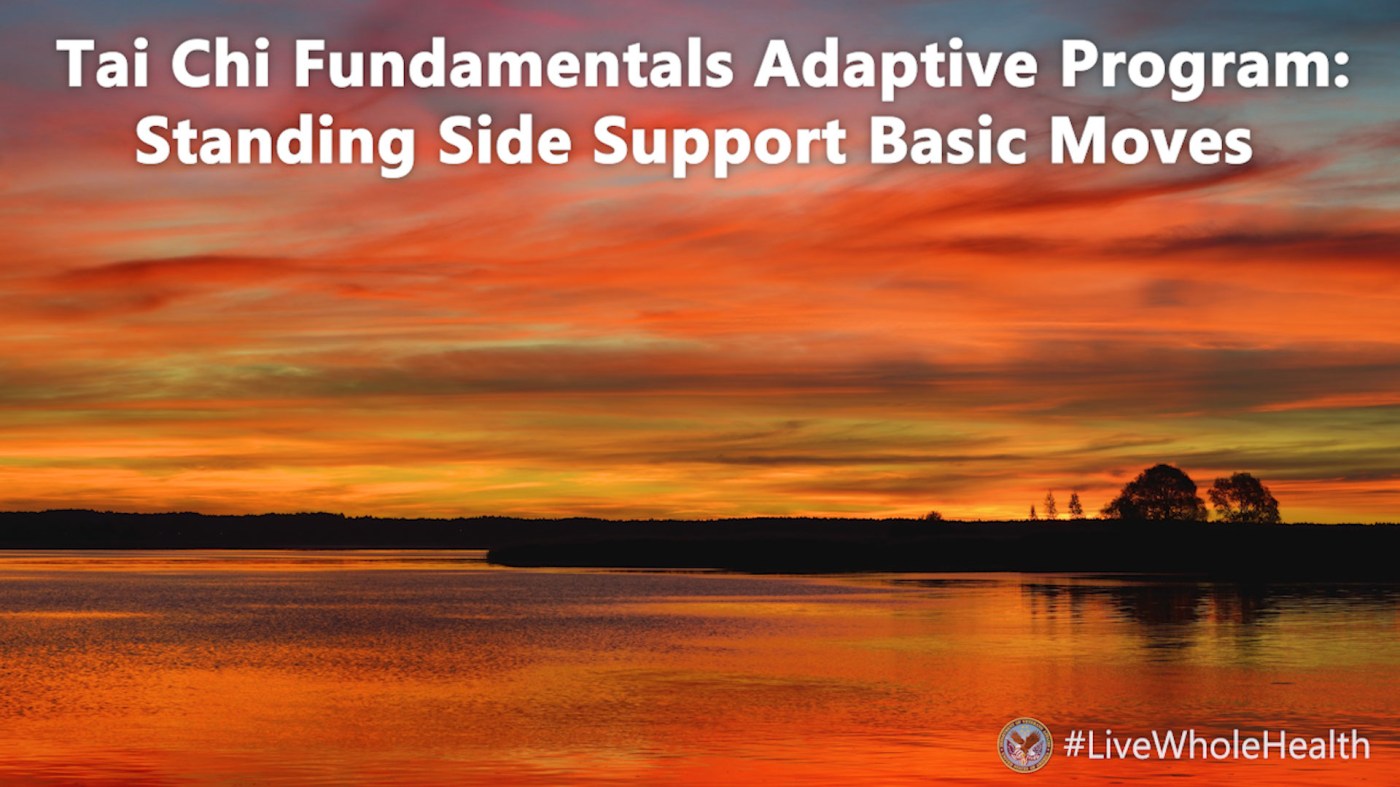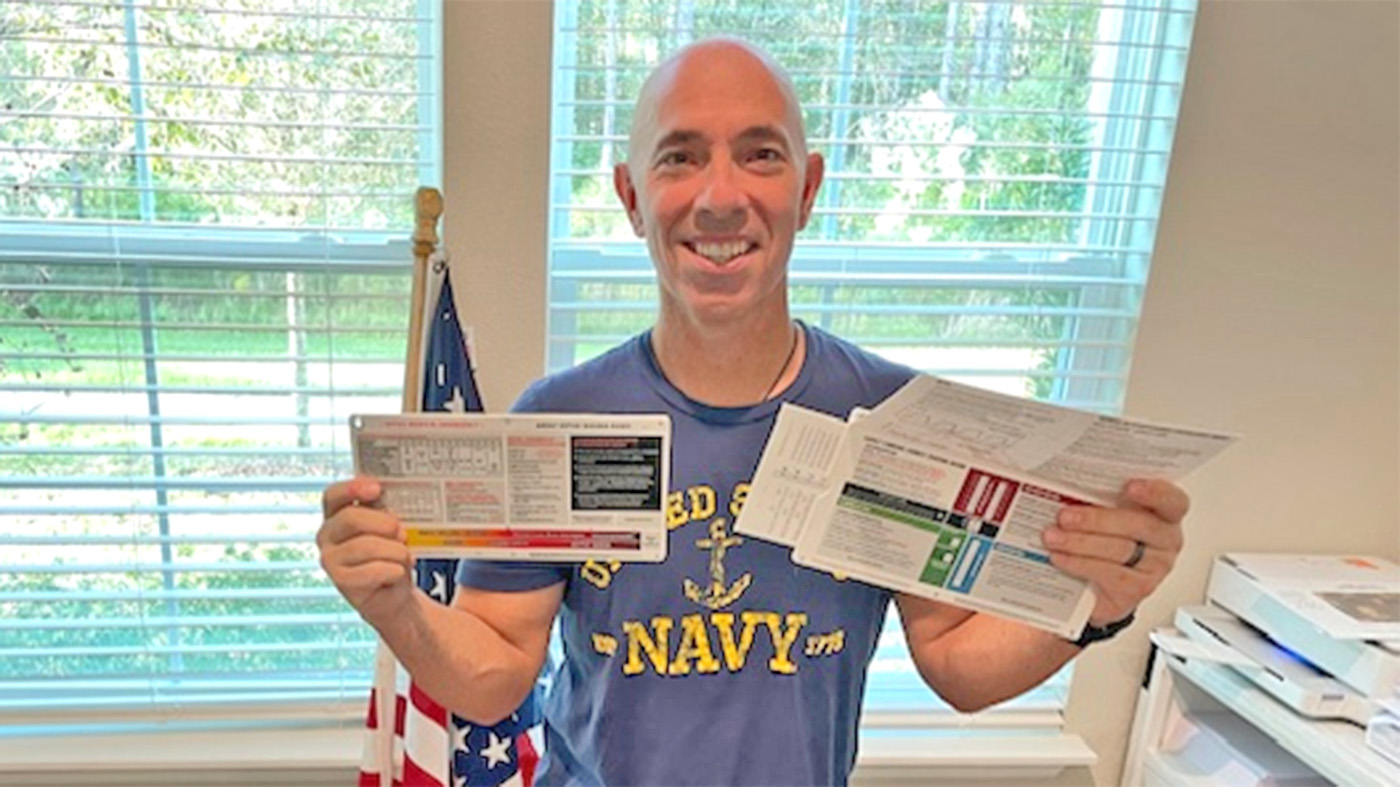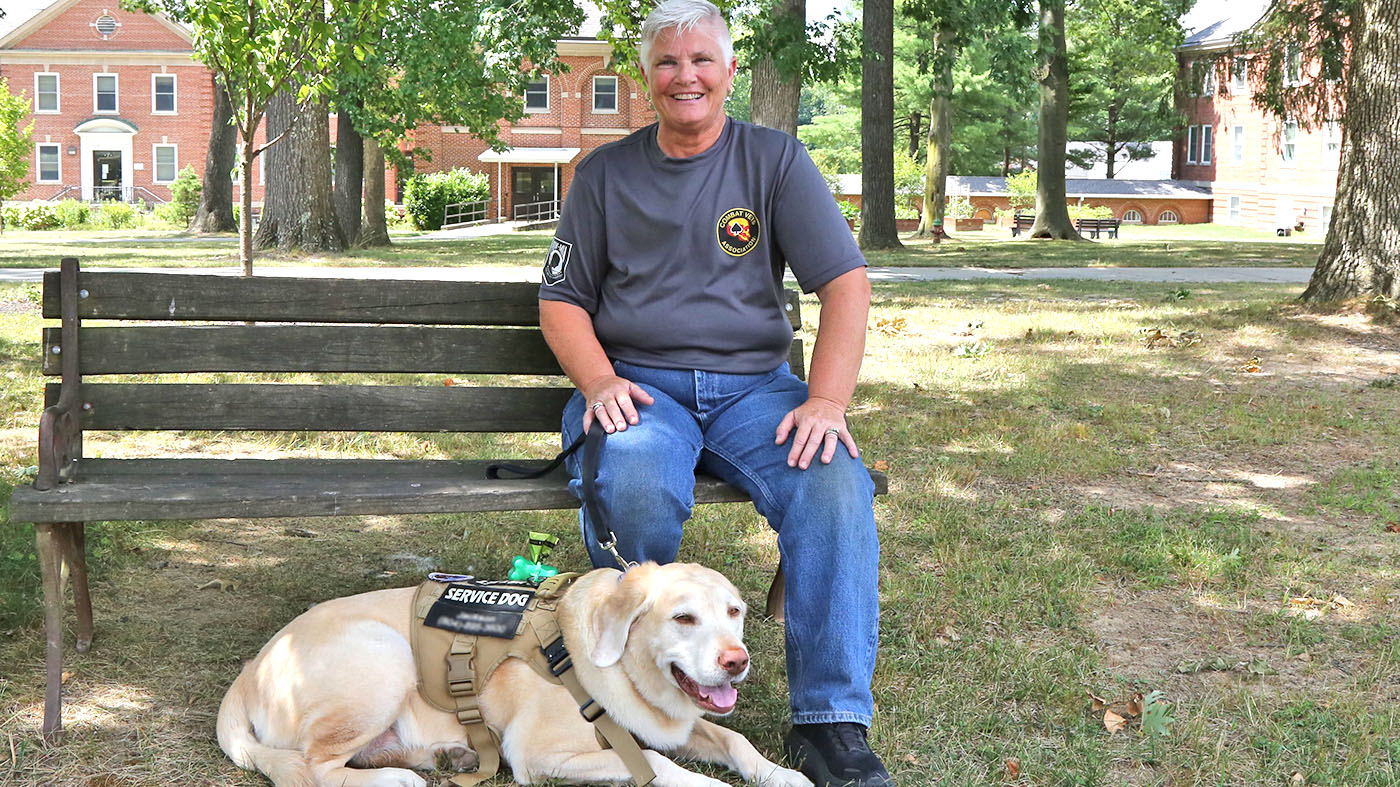
Every single day in the United States, approximately three women are killed by an intimate partner.
Domestic violence impacts women, men, and children of every age, background, and belief. Nearly one in four women and one in seven men in the United States have suffered severe physical violence by an intimate partner. Veterans who experience domestic violence or intimate partner violence are deprived of their autonomy, liberty, and security, and face tremendous threats to their health and safety.
VA cares about Veterans affected by Domestic Violence (DV) and Intimate Partner Violence (IPV). We recognize the impact this has on Veterans, family members and caregivers and we are working hard to help Veterans and their families affected by this silent epidemic.
“I came here two years ago and there was nothing, but this last time they called and really helped.” – Veteran patient
I want to assure all Veterans and their families that VA is committed to fulfilling its promise by establishing and implementing the National IPV Assistance Program. We will provide Veterans who are struggling with IPV with the best available care and treatment in support of their health, well-being and safety.
If you are a female Veteran and need information or resources about intimate partner violence or help with any other issue, please visit www.womenshealth.va.gov or call 1.855.VA.WOMEN.
Intimate partner violence includes physical violence, sexual violence, stalking and psychological aggression, including coercive tactics, by a current or former intimate partner such as a spouse, boyfriend/girlfriend, dating partner, or ongoing sexual partner. Partners may or may not be living together and may be the same or opposite sex. Domestic violence refers more broadly to any violence that occurs in the home.
“The program has helped me get into a shelter and get my kids with me.” – Veteran patient
Research has shown that Veterans are at greater risk for using and/or experiencing violence than their civilian counterparts, given the unique stressors posed by military life. In particular, those who have served in the recent conflicts in Iraq and Afghanistan may be at even higher risk, given the higher rates of mental health concerns, including posttraumatic stress disorder and alcohol misuse.
What are some of the warning signs of intimate partner violence?
- Unexplained injuries
- Delay in seeking care
- Injuries during pregnancy
- Suicide attempts
- Excessive substance use
If you see one or more of these in a friend and you suspect he or she needs help, please encourage your friend to visit www.thehotline.org or call the National Domestic Violence Hotline at 1-800-799-SAFE (7233).
October is Domestic Violence Awareness Month
In his Presidential Proclamation, President Barack Obama says, “During National Domestic Violence Awareness Month, we reaffirm our dedication to forging an America where no one suffers the hurt and hardship that domestic violence causes and we recommit to doing everything in our power to uphold the basic human right to be free from violence and abuse.
“While physical marks may often be the most obvious signs of the harm caused by domestic violence, the true extent of the pain goes much deeper. Victims not only face abuse, but often find themselves left with significant financial insecurity. And children who witness domestic violence often experience lifelong trauma. These heinous acts go against all we know to be humane and decent, and they insult our most fundamental ideals. We all have a responsibility to try to end this grave problem.”
“I am hoping I will get HUDVASH and be able to get back on my feet again.” – Veteran patient
During October, VA would like to raise awareness of the serious and widespread problem of intimate partner violence. There is a smartphone app to encourage healthy relationships and provide resources for anyone who might be experiencing domestic violence. Download the One Love My Plan app today here: www.joinonelove.org.
About the Author: Laura Taylor, LCSW, was appointed as the National Director, Social Work in May 2014. In this role, she serves as the principal advisor on Social Work Professional Practice, including providing guidance to the Chief Consultant, Care Management and Social Work Services. She is responsible for the professional practice of 11,000 masters prepared VHA Social Workers, the largest single employer of Social Workers in the United States of America. Taylor also develops national policy for Professional Social Work for VA Central Office, VISN and medical center leaders.
Topics in this story
More Stories
Forget 'No Pain, No Gain'—try 'No Pain, More Gain' with Tai Chi! Calm the mind and gift yourself well-being in this week's #LiveWholeHealth practice.
Critical care dosing guides are critical in emergency care where a clinical team’s skill and focus matter most.
Combat Veteran faces the traumatic events of her PTSD during prolonged exposure therapy and looks forward to the days to come.








WOW !! What a helpful post and outstanding article to domestic violence. I like your awesome tropic and effective Content. Really I got valuable information here. Looking forward to read your next post.
How can I help as a volunteer?
I have just recently been able to address MRT/IPV after 20 + of silence. Thanks to the Houston VA I am beginning to understand it WAS not MY fault. The trauma is still in the back of my mind buy ” He ” will not hurt my soul …. one day.